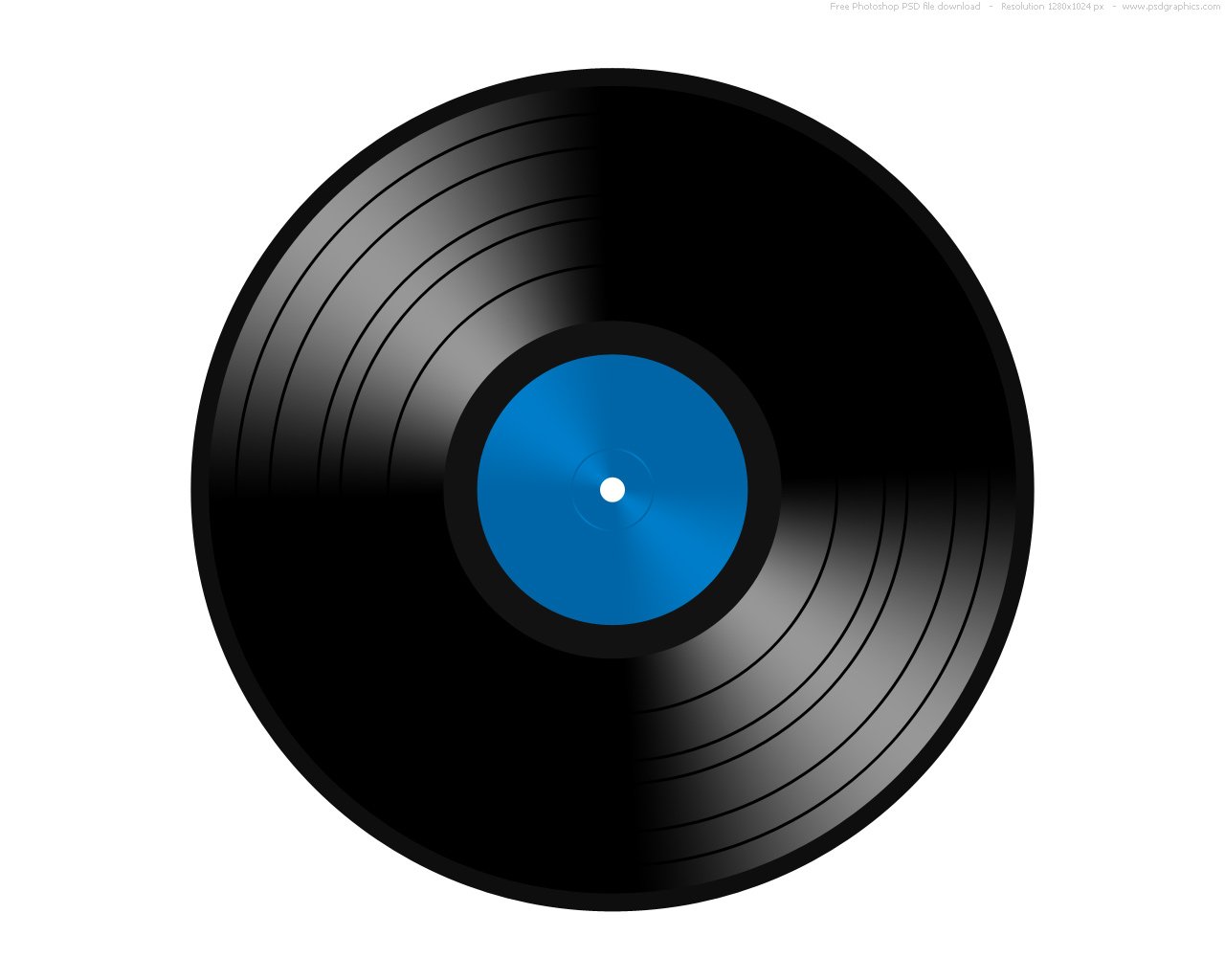Putting things…off.
No matter how productive you are everyone is guilty of dragging their feet now and then.
The crazy part is if you look around for advice on avoiding procrastination, you get a bunch of productivity tips. Stuff like ‘make a list’ or ‘give yourself a time limit.’ Don’t get me wrong, I’m not saying those things don’t work.
But how many of them can you consistently rely on or remember?
For me, being more productive and improving has a lot to do with personal work-flow. Lists work for me sometimes, but not always. Time limits don’t apply for me as I tend to work focused and fast once I start on a task.
So is there a method that is common to everyone across the board to help us not only choose to do what’s next, but do it in a timely way?
There is, and it’s called your gut.
For the past few years I’ve been really trying to improve my productivity by simply listening to myself. I do this as often as I get a feeling that starts with
I should really…
Whether the end of that statement is ‘take out the trash,’ ‘tell that person I like their shoes’ or ‘reach out to John about any new projects he may need music for,’ it’s been extremely useful.
Case in point, yesterday I was plugging away working on a license when suddenly I thought “Gee, I haven’t heard from Arnold for a while, I should check in” immediately followed by “and you know what, there’s another creative director in North Carolina who hasn’t touched base lately.”
I wrote them down, finished what I was doing, and then sent two really brief emails.
The next thing I know I had a music search from Arnold and a really nice note from the creative director saying he’d check out one of our indie bands.
Not too shabby!
This happens to me all the time now, and every time I listen to my ‘shoulds,’ I end up not only getting more done, but feeling REALLY good about it.
What about you? Do you ever use your instincts as a good indicator of what to do next? I’d love to hear about it in the comments.





 Next, let’s not overlook the value of the relationship he established with the music supervisor. Yes, the placements are awesome, the upfront money and royalties are great, and all the social media attention is nice. But probably the MOST valuable takeaway from this experience in my opinion, is his music supervisor relationship. That person could go on to work on many more shows, films, at an ad agency, you name it. If Andrew periodically checks in with the music supervisor, it could mean YEARS of placements, royalties, and heck, even a new friend. This is why I constantly stress being professional and building connections in a genuine manner. It just works better for everyone.
Next, let’s not overlook the value of the relationship he established with the music supervisor. Yes, the placements are awesome, the upfront money and royalties are great, and all the social media attention is nice. But probably the MOST valuable takeaway from this experience in my opinion, is his music supervisor relationship. That person could go on to work on many more shows, films, at an ad agency, you name it. If Andrew periodically checks in with the music supervisor, it could mean YEARS of placements, royalties, and heck, even a new friend. This is why I constantly stress being professional and building connections in a genuine manner. It just works better for everyone.